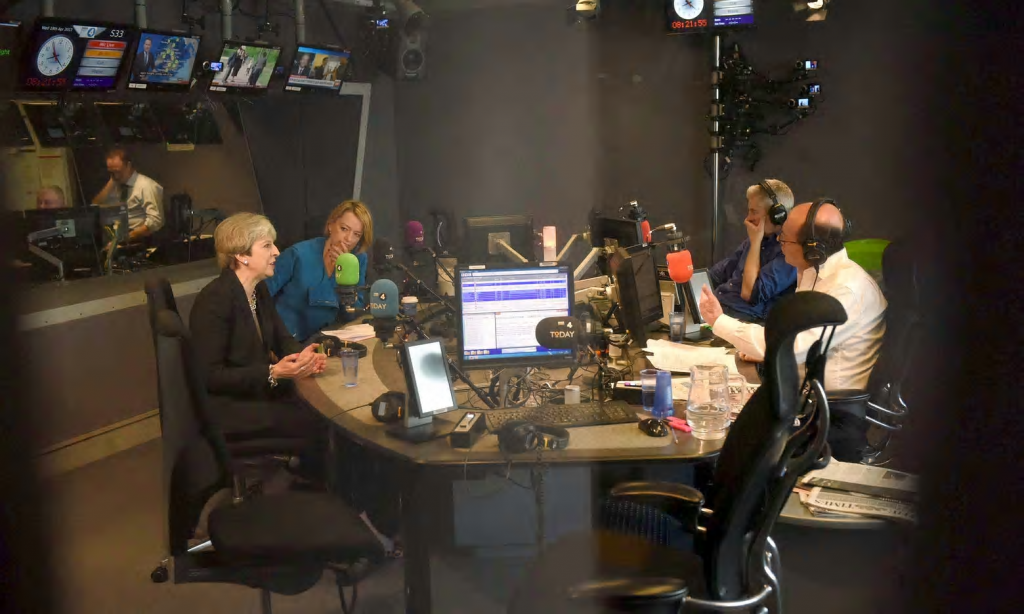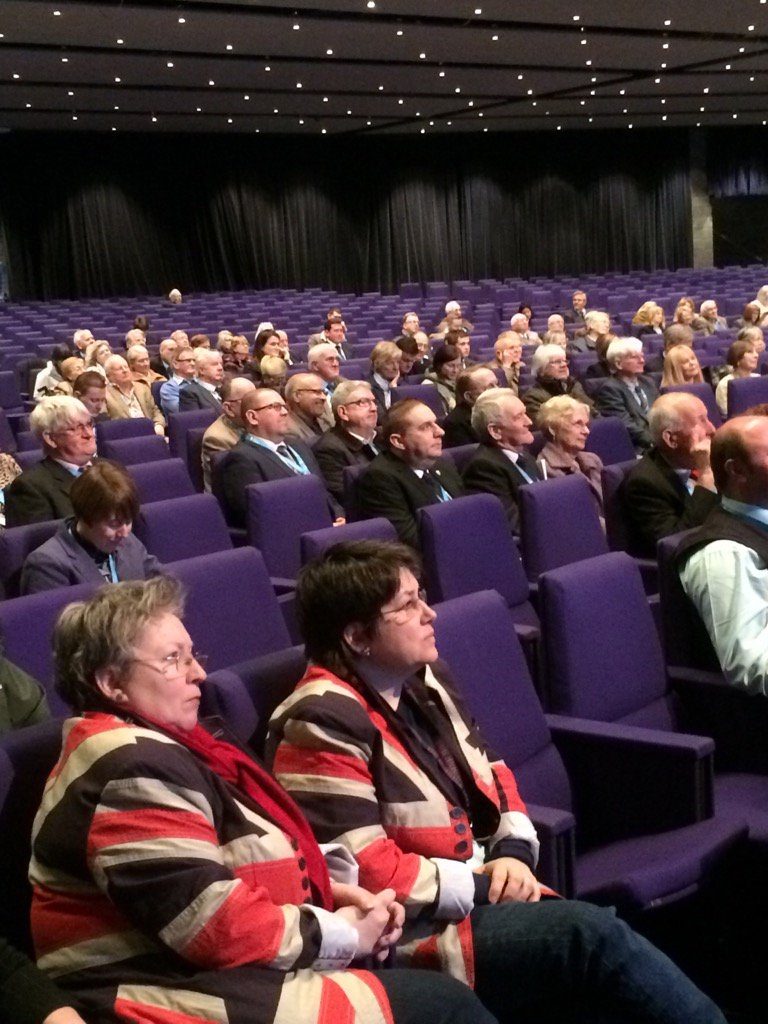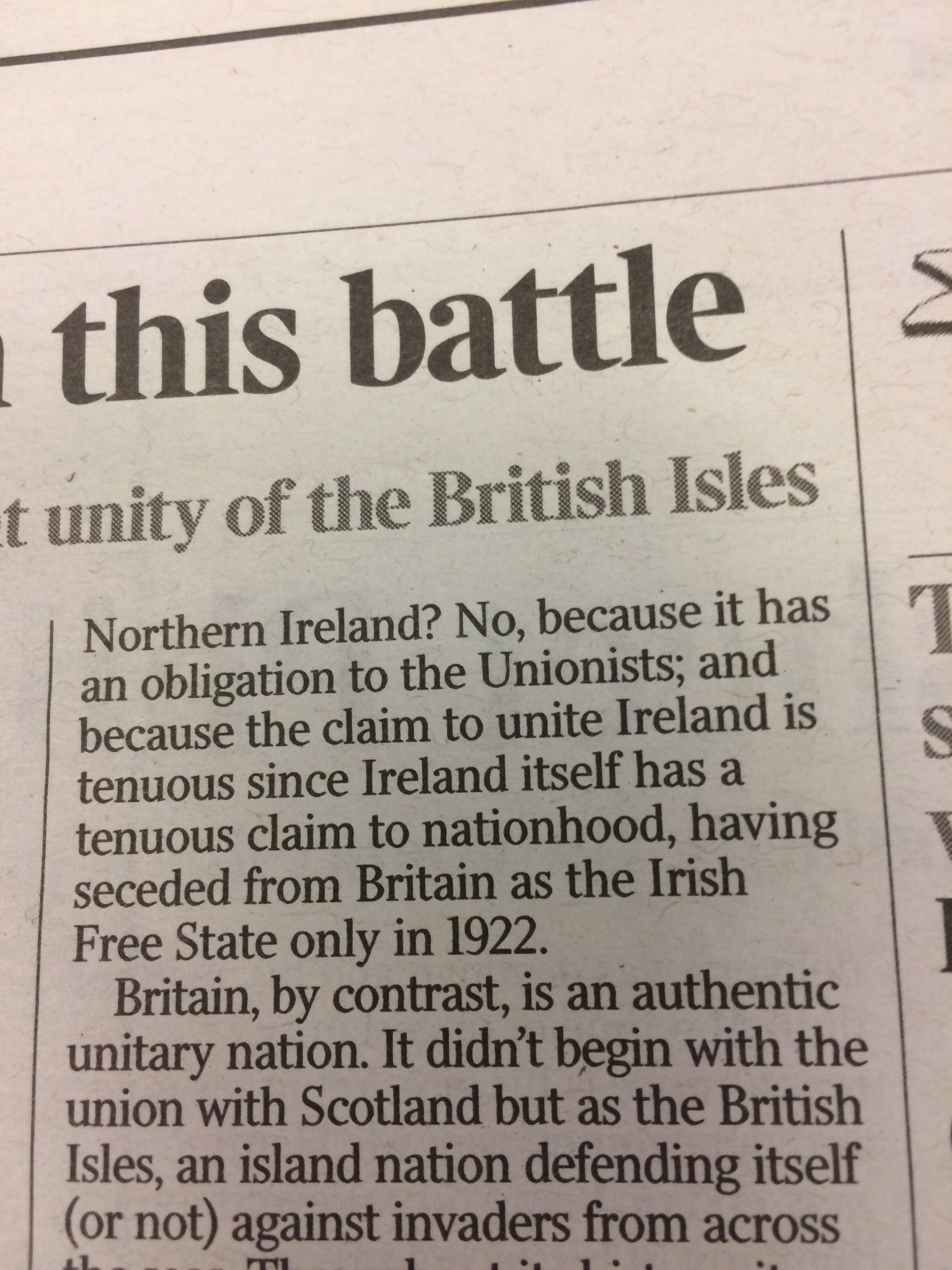Theresa May’s Brittle Shield Wall
Pollster YouGove is into full on propaganda mode. They present results dished up with explanatory press releases for right wing journalists to push. This one was commissioned by Murdoch.
But if you burrow down into the actual data, which no journalist ever does, sometimes there are results which are quite interesting. It is important of course to note that the sample is a self-selecting one of the kind of people who volunteer for online polls, and is then adjusted to account for a number of things including a historic tendency to underrate the Tory vote, so the Tory numbers are consciously increased.
The first warning light flashes at me in the subsamples. The headline 48-24% Tory lead over Labour includes an extraordinary 29% Tory vote in Scotland. That is quite simply impossible. If it proves to be true, I will walk the length of Holyrood Road on my knees. It is bollocks.
That aside, the brittleness of the support the media have whipped up for hard Brexit is shown in a series of questions about the EU. Now it is true – and this was headlined by YouGove and the media – that by a narrow 46-43% the poll states that people believe Britain is right to leave the European Union. (32-60% in Scotland).
But dig into that and you find that support for May’s Brexit is quite extraordinarily brittle. This is the truly striking lesson from this poll, and nobody has picked up on it.
Look at the answers to these questions. In each case I have excluded the don’t knows and recalculated from the table:
Do you think Britain will be better off or worse off after we leave the EU?
Better off: 33%
Worse off: 44%
No Diff 23%
Do you think Britain will have more or less influence in the world after we leave the EU?
More influence: 23%
Less influence: 43%
No Diff: 34%
Do you think leaving the EU will have a good or bad effect on British jobs?
Good for jobs: 29%
Bad for jobs: 41%
No Difference: 30%
Do you think leaving the EU will have a good or bad effect on British pensions?
Good for pensions: 10%
Bad for pensions: 32%
No Difference: 58%
Do you think that leaving the EU will have a good or bad effect on the NHS?
Good for the NHS: 30%
Bad for the NHS: 34%
No Difference: 36%
Do you think there will be more or less immigration into the UK after we leave the EU?
More immigration: 3%
Less immigration: 56%
No Difference: 41%
So Theresa May wishes to hustle to a quick election victory on what she views as a national consensus building around hard Brexit. But that consensus is extremely brittle.
A majority of the population believe that Brexit is bad for the economy, bad for jobs, bad for the NHS, bad for pensions and bad for British influence in the world. The population are being stampeded into a direction that they plainly believe to be against their own self-interest. This makes May extraordinarily vulnerable to pushback on the EU. That should benefit the LibDems. It also shows that the SNP is wrong to backpedal on the EU to placate the Sillars vote. The pro-EU answers to each of those questions in Scotland alone are simply overwhelming.
Brexit’s only salience is on one single issue: immigration. But this poll does something still more interesting. It provides absolute proof of what I have been observing and commenting on for the past ten years, that the anti-immigration movement is founded on pure and simple racism.
Cutting immigration is the only alleged positive a majority see from Brexit. But they do not believe that this cutting of immigration will improve jobs, the economy, pensions, or the NHS. All the canting justifications for cutting immigration are cut through, because this poll reveals that people do not expect to see any of those effects. No, Brexiteers want to cut immigration simply because they are racists and do not like foreigners.
But given that May wants to fight this election solely on Brexit, and given that the only area of traction Brexit has is immigration, we can expect to see the nastiest anti-immigration campaign ever waged by a mainstream party. We can also expect to see repeatedly what Adam Boulton did to the Lib Dems Sarah Ludford on Sky News and hour ago. As soon as the EU was mentioned, Boulton aggressively intervened by invoking dog-whistle anti-immigration racism.
That is why Conservative policy today is near identical to the BNP manifesto of 2005, which promised:
– Severe cuts in immigration
– Leaving the EU
– Bringing back grammar schools
– Increased military spending
– More “security” and “strong leadership”
– Foreign policy driven by “British national interest” not human rights
– Reduce development aid
A Tory vote is a racist vote. Full stop.






